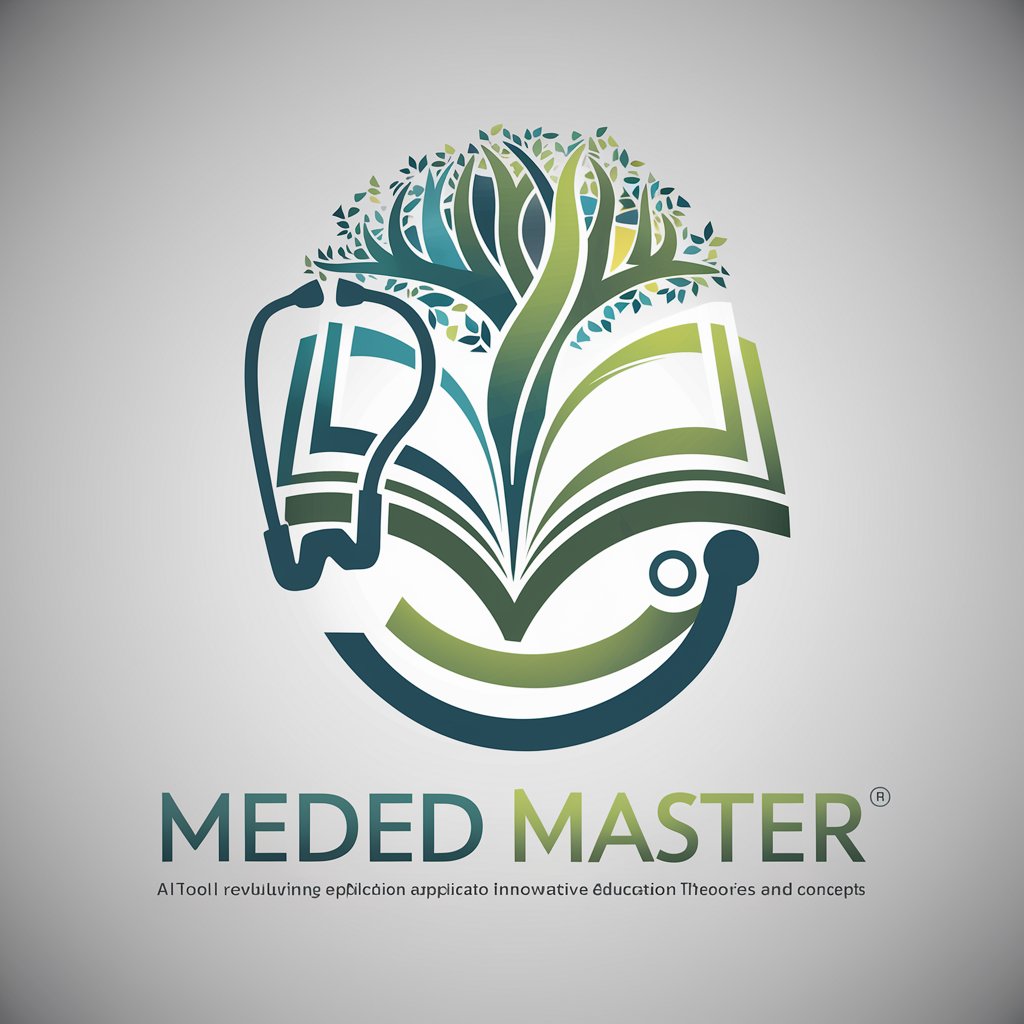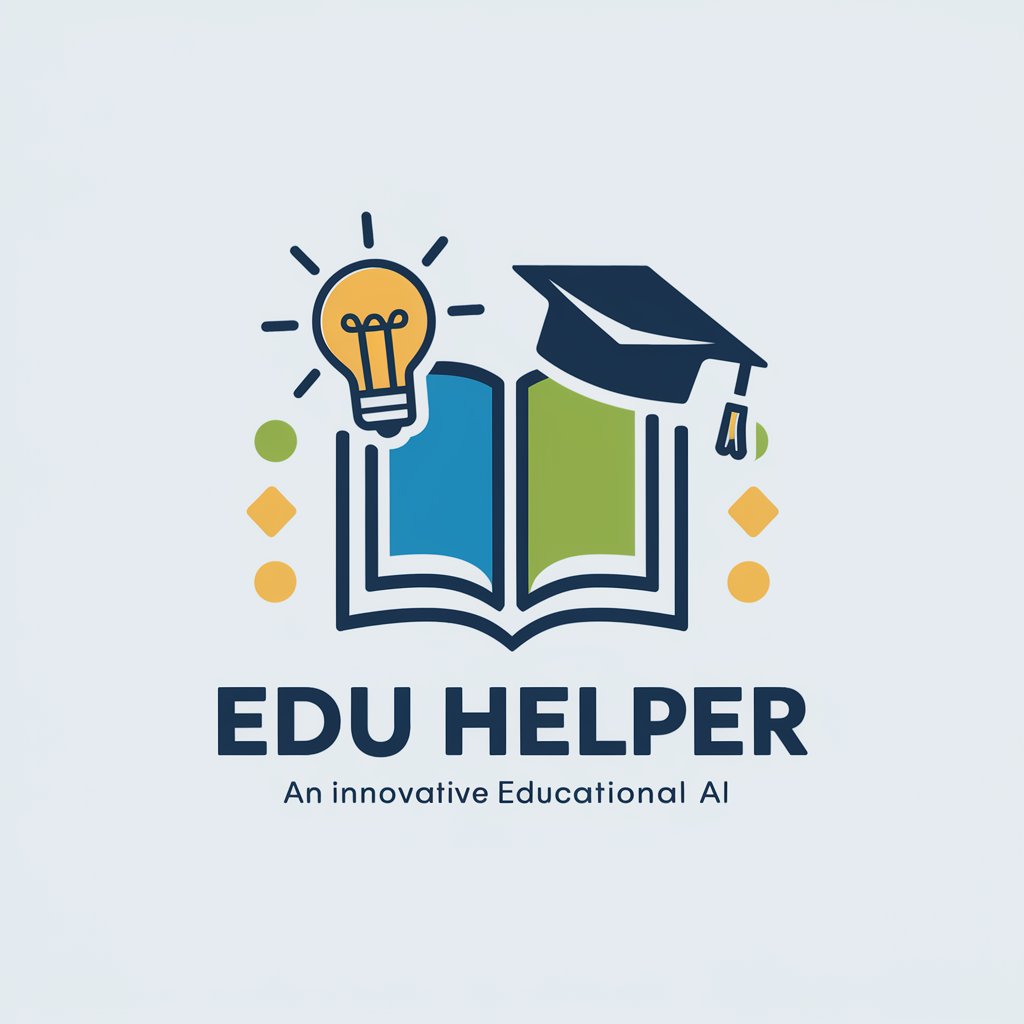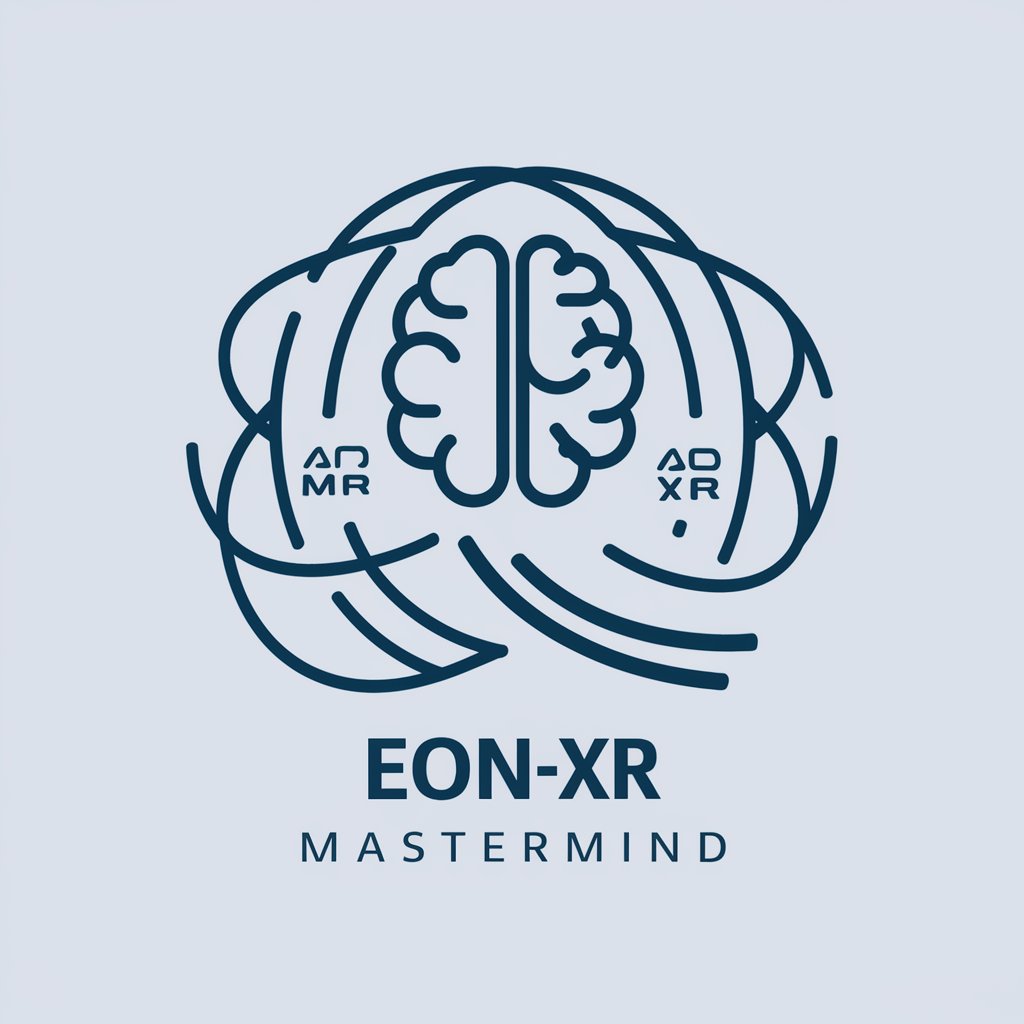
edX - university-level online courses

Hello
AI-powered learning at your pace
What programming courses do you offer?
How can I get a certificate in Python?
What are the latest web development trends?
Can you explain machine learning basics?
Get Embed Code
Introduction to edX
edX is an online learning platform founded by Harvard University and MIT in 2012, designed to provide access to high-quality education from top institutions around the world. Its mission is to democratize learning by offering a wide range of courses in various fields, including programming, business, data science, and humanities. The platform provides learners the opportunity to engage with self-paced or instructor-led courses, offering free access to content with the option to pay for certifications or degrees. For example, a student might enroll in an edX course on 'Data Structures and Algorithms' offered by MIT, accessing videos, reading materials, quizzes, and discussion forums. The purpose of edX is to provide flexible, affordable education, making lifelong learning accessible to diverse learners globally. Powered by ChatGPT-4o。

Core Functions of edX
Access to Online Courses
Example
A learner can enroll in a course on 'Introduction to Python Programming' from Harvard University, working through the curriculum at their own pace.
Scenario
A working professional looking to gain new skills in data science can register for a Python programming course and complete it during weekends without impacting their job. The learner can watch lecture videos, complete assignments, and access peer discussions.
Certificates and Degrees
Example
A student can pay for a verified certificate after completing a 'Machine Learning' course from UC Berkeley.
Scenario
A software engineer looking to validate their skills can complete a machine learning course and obtain a certificate. This certificate can then be showcased on LinkedIn to improve their professional credibility and job prospects.
MicroMasters Programs
Example
A learner can enroll in a MicroMasters program in 'Data Science' from MIT, completing several courses that count toward a master’s degree.
Scenario
A professional wanting to advance their career in data science can take a MicroMasters program in their free time. After completing it, they can use the credential to apply for jobs or even transfer the credits to a full master’s program.
Discussion Forums and Peer Learning
Example
Students in a 'Digital Marketing' course engage in forum discussions to share insights and solve problems together.
Scenario
A marketing manager taking a digital marketing course can discuss real-world challenges with fellow learners in the discussion forum, learning from others’ experiences. This enhances peer collaboration and helps in practical problem-solving.
Skill Development for Enterprises
Example
Companies can use edX for Business to train employees in areas like cloud computing or project management.
Scenario
A large IT firm uses edX for Business to create a learning path for its employees on cloud architecture. Employees enroll in structured courses, and the company can track their progress to ensure skill development aligns with organizational needs.
Target Users of edX
Students and Recent Graduates
These learners seek to enhance their academic knowledge or gain new skills to improve employability. They benefit from edX’s courses by gaining access to high-quality educational content that complements their formal education, helping them to prepare for job markets.
Working Professionals
Professionals aiming to upgrade their skills or shift careers use edX to access flexible learning opportunities. They benefit from courses in areas like project management, data science, and programming that align with industry needs, often leading to promotions or new job roles.
Lifelong Learners
These individuals are driven by curiosity and personal growth, not necessarily by professional ambitions. They benefit from edX by exploring subjects of personal interest such as philosophy, history, or literature, often engaging with a global learning community.
Corporations and Businesses
Organizations use edX to train employees in new technologies and methodologies. They benefit from tailored content for employee development, helping companies maintain a competitive edge by upskilling their workforce in fields like AI, cloud computing, and cybersecurity.
Universities and Educational Institutions
Higher education institutions collaborate with edX to extend their reach and offer online courses to a global audience. They benefit by promoting their programs internationally and attracting learners to full degree programs through MicroMasters and certification pathways.

How to Use edX
Visit yeschat.ai for a free trial without login.
Start by accessing yeschat.ai to explore courses and features, with no need for signing up or having a ChatGPT Plus subscription.
Browse or search for a course.
Use the platform’s search bar or course catalog to find topics that interest you, from computer science to business, humanities, and more.
Enroll in your chosen course.
Click 'Enroll' on the course page, where you can opt for a free version or a verified certificate option depending on your needs.
Follow the course structure.
Courses are organized in modules, including videos, readings, and quizzes. Progress through the lessons at your own pace.
Engage with the learning community.
Use discussion forums and course-specific communities to ask questions, share insights, and connect with peers and instructors for deeper learning.
Try other advanced and practical GPTs
Swift Genius
Empowering Swift Innovation with AI
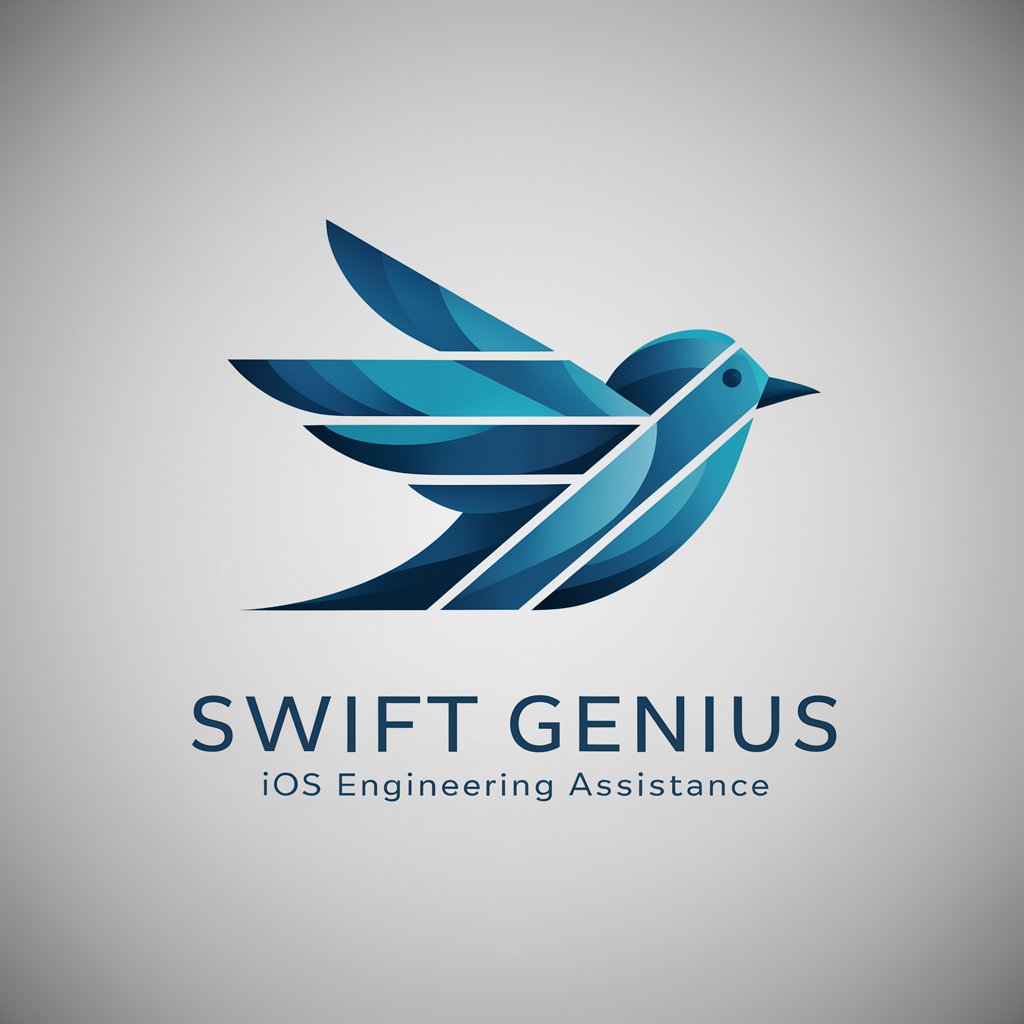
TerraformCode checker GPT for Azure
Optimize your Azure Terraform code with AI
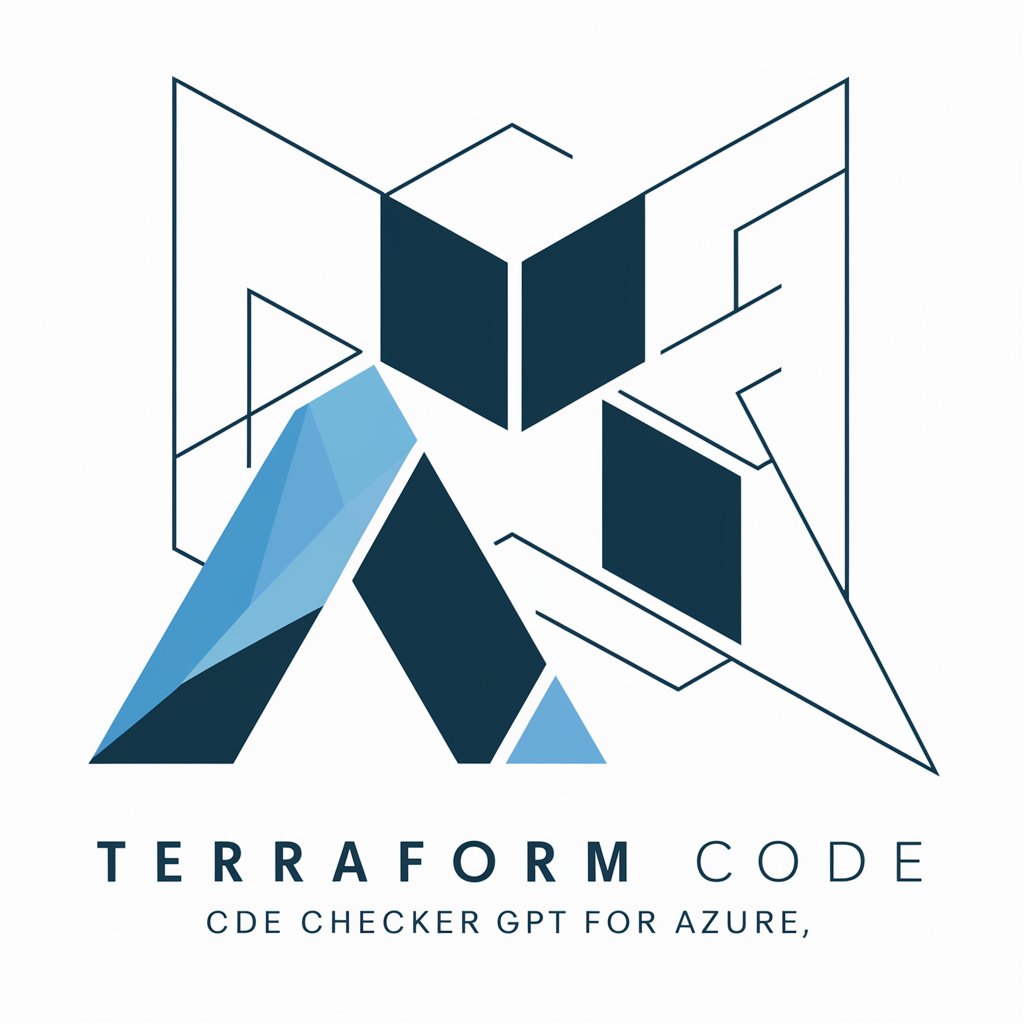
Codigo de Plumeria en Espanol
Unlock Plumbing Codes with AI

Grant Writer Pro
Empowering Your Missions with AI-Driven Grant Writing

PilgrimGPT: Your Branding Helper
Empower Your Brand with AI-Driven Wisdom

Campfire Storyteller - Bir varmış bir yokmuş...
Sparking Joy with AI-Powered Stories

Todd's Acupuncture Assistant
Empowering Traditional Medicine with AI

MediMate
Your AI-powered Health Advisor

NutriGPT
Empowering Nutrition with AI

Contract Terminator
AI-powered Contract Termination Expert

You Are Right
Agreeing with you, intelligently.

Product Mentor
Empowering Product Decisions with AI
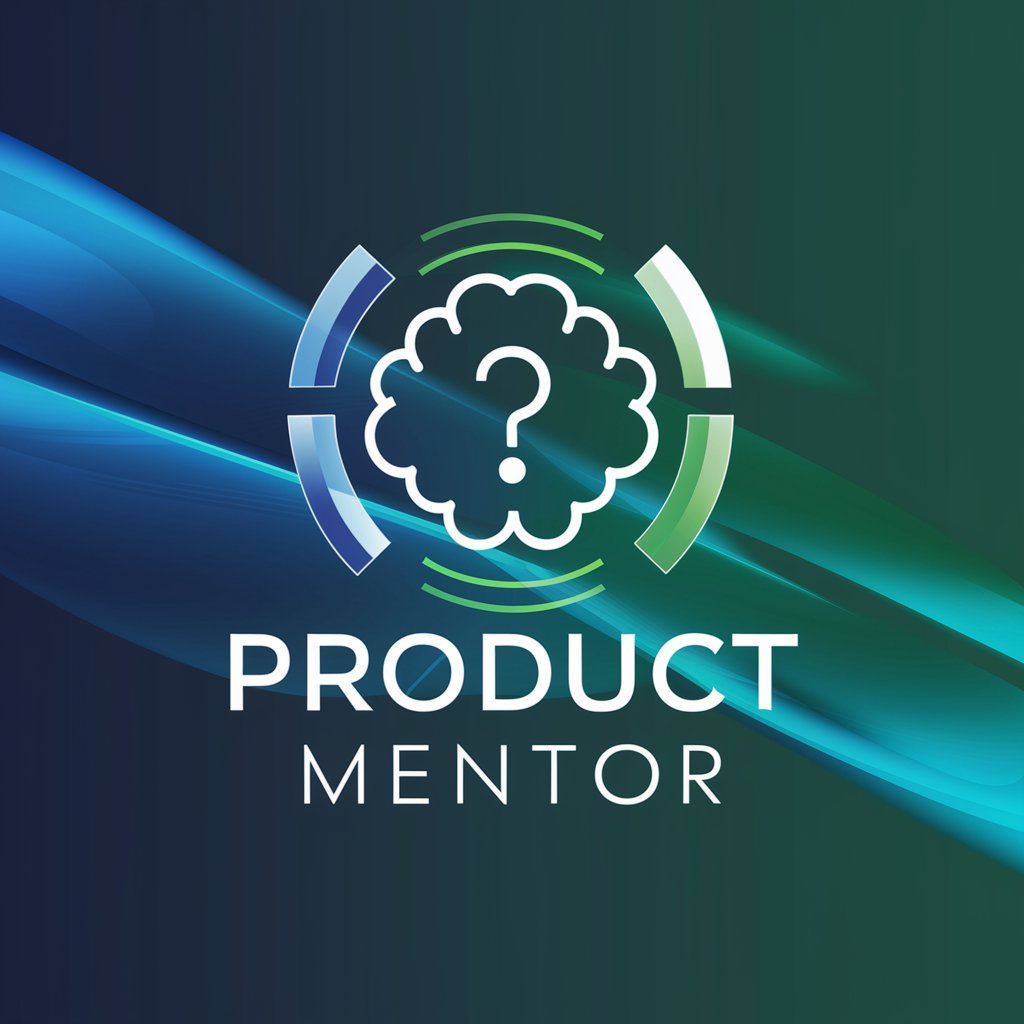
Frequently Asked Questions about edX
What is edX?
edX is an online learning platform offering a wide range of courses from top universities and institutions around the world. It provides flexible learning options, including free courses and certificates for a fee.
Are all courses on edX free?
Most courses offer a free audit track, allowing access to the majority of course materials. However, to earn a verified certificate, students typically need to pay.
Can I get a certificate from edX?
Yes, edX offers verified certificates upon successful completion of most courses. These certificates require a fee and can be used to showcase your skills to employers.
What kinds of subjects are available on edX?
edX covers a wide range of subjects, including computer science, data science, business, engineering, humanities, social sciences, and more, from introductory to advanced levels.
Can I interact with instructors or other learners?
Yes, edX provides discussion forums where learners can interact with peers and instructors, ask questions, and participate in course-related discussions.
